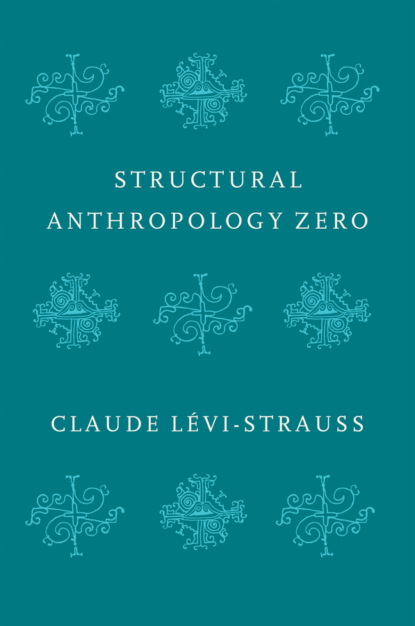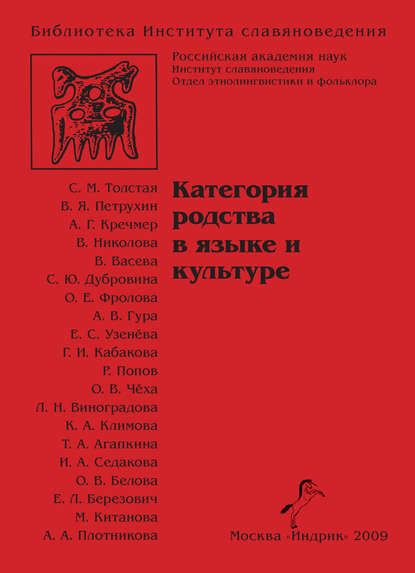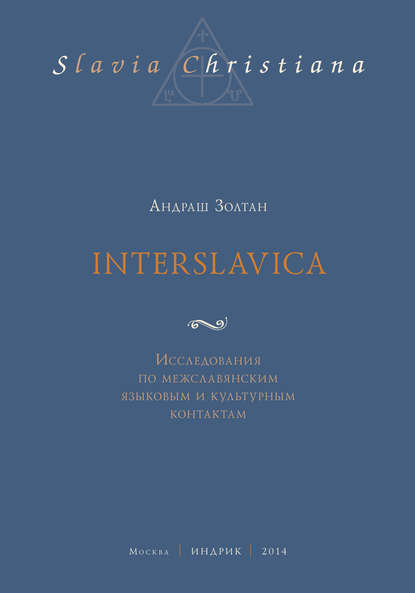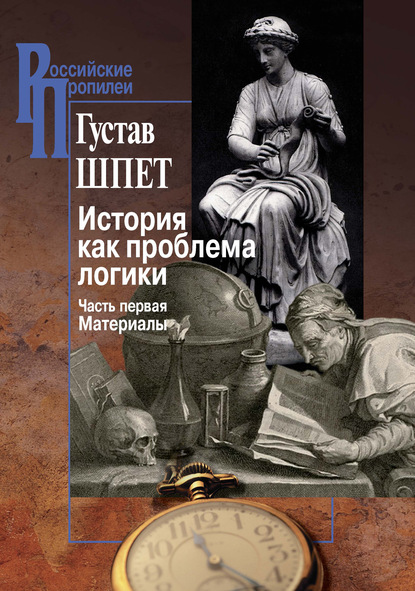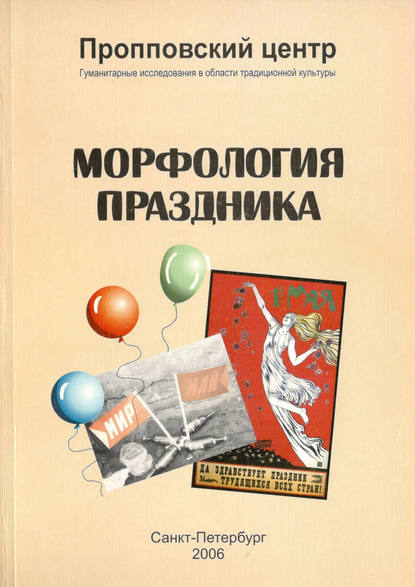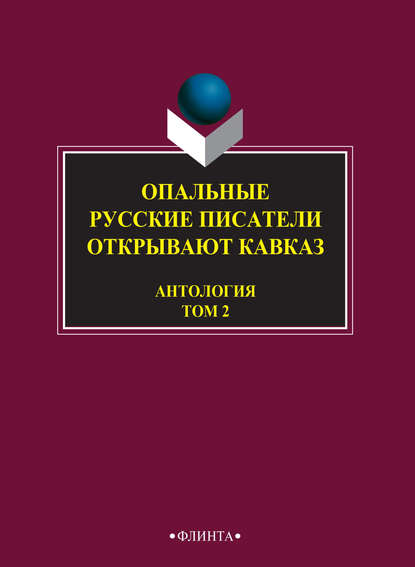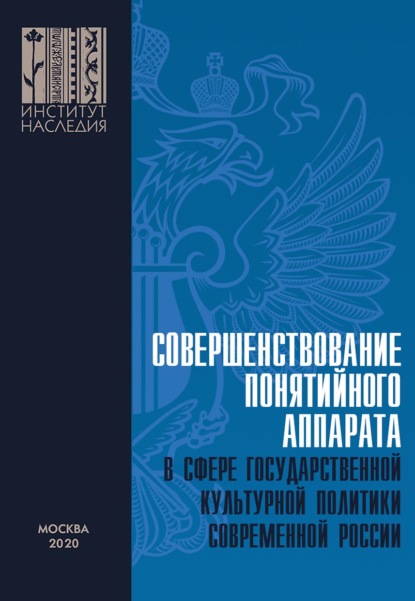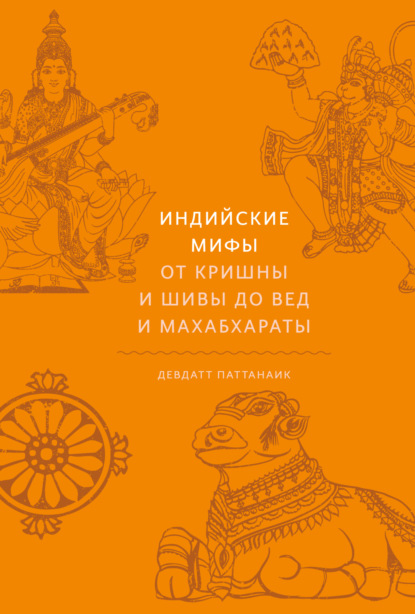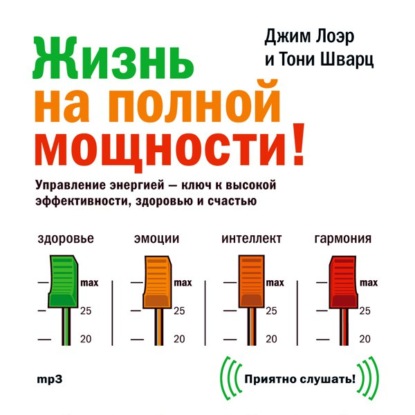Книга "Structural Anthropology Zero" от Клода Леви-Стросса является описанием периода его работы, который часто выпадает из поля зрения, но был важным для развития структурной антропологии, которую он в дальнейшем продолжил в последующие годы. Как и многие другие европейские еврейские интеллектуалы, Леви-Штраус нашел убежище в Нью-Йорке, когда нацисты захватили большую часть Европы. Он уже был знаком с Якобсоном и структурной лингвистикой, но еще не сформулировал программу для структурного анализа, которую будет развивать в 1960-х годах. В то же время эти американские годы были временем, когда Леви-Страус узнает о некоторых из самых разрушительных исторических катастроф в мире - геноциде коренного населения американских народов и европейских евреев. С начала 1970-х годов антропология Леви-Штросса, как таковая, несет тяжелый груз памяти и возможности Холокоста. Говорить о
В настоящем издании опубликованы тексты Леви-Стросса периода с 1941 по 1945 годы. Этот период его творчества часто остается в тени, хотя именно тогда закладывались основы той структурной антропологии, которая в дальнейшем получила широкое развитие.
Электронная Книга «Structural Anthropology Zero» написана автором Claude Levi-Strauss в году.
Минимальный возраст читателя: 0
Язык: Английский
ISBN: 9781509544998
Описание книги от Claude Levi-Strauss
This volume of Lévi-Strauss's writings from 1941 to 1947 bears witness to a period of his work which is often overlooked but which was the crucible for the structural anthropology that he would go on to develop in the years that followed. Like many European Jewish intellectuals, Lévi-Strauss had sought refuge in New York while the Nazis overran and occupied much of Europe. He had already been introduced to Jakobson and structural linguistics but he had not yet laid out an agenda for structuralism, which he would do in the 1950s and 60s. At the same time, these American years were the time when Lévi-Strauss would learn of some of the world's most devastating historical catastrophes – the genocide of the indigenous American peoples and of European Jews. From the beginning of the 1950s, Lévi-Strauss's anthropology tacitly bears the heavy weight of the memory and possibility of the Shoah. To speak of 'structural anthropology zero' is therefore to refer to the source of a way of thinking which turned our conception of the human on its head. But this prequel to Structural Anthropology also underlines the sense of a tabula rasa which animated its author at the end of the war as well as the project – shared with others – of a civilizational rebirth on novel grounds. Published here in English for the first time, this volume of Lévi-Strauss’s texts from the 1940s will be of great interest to students and scholars in anthropology, sociology and the social sciences generally.
